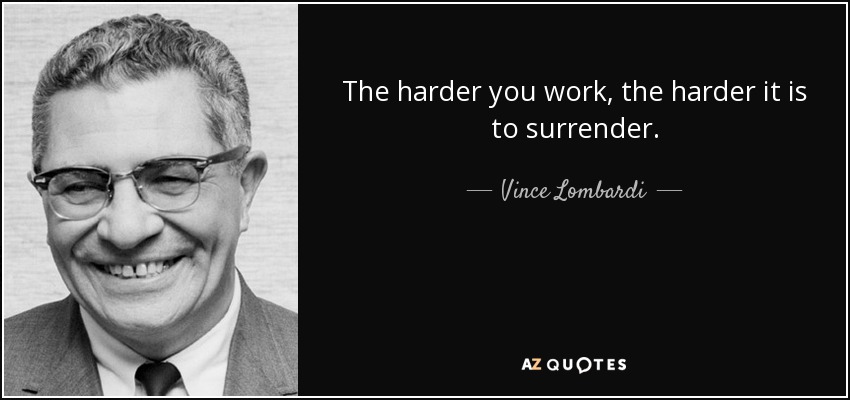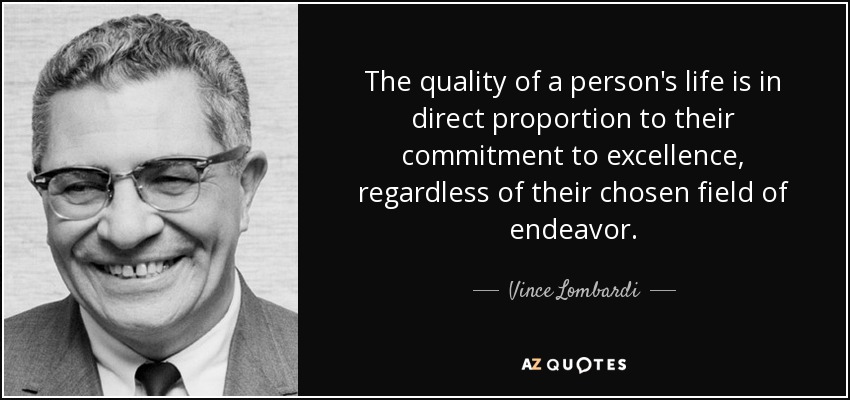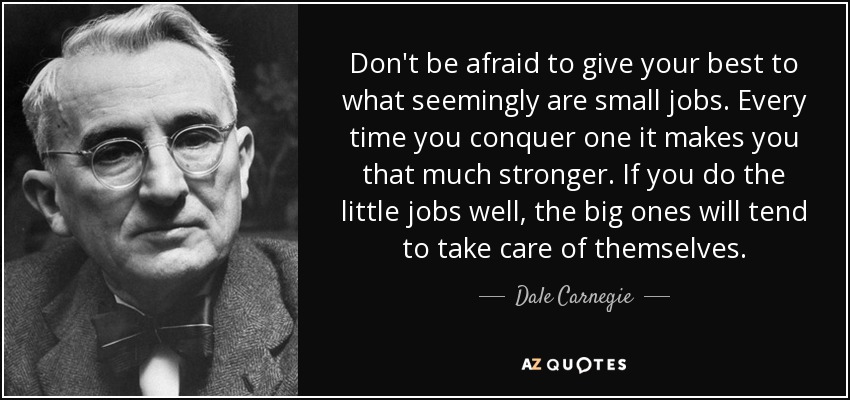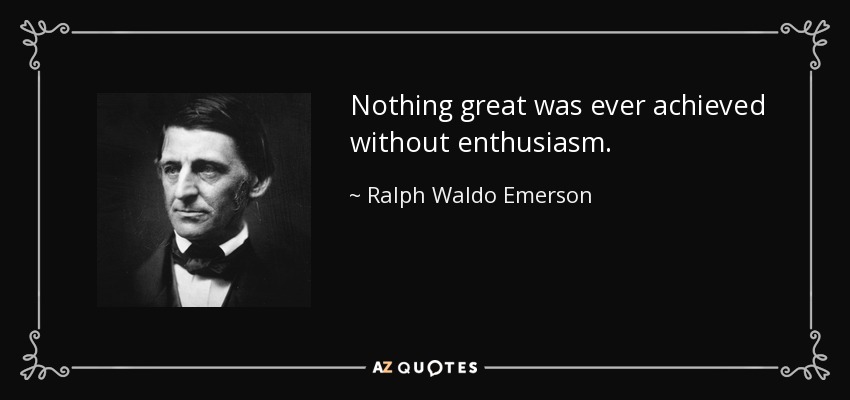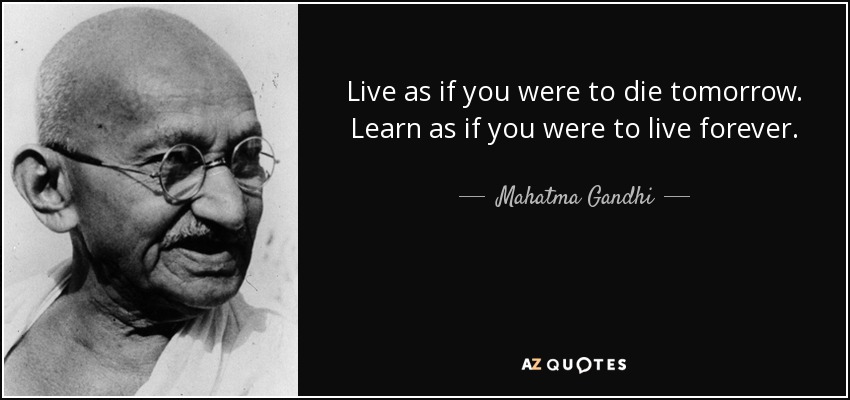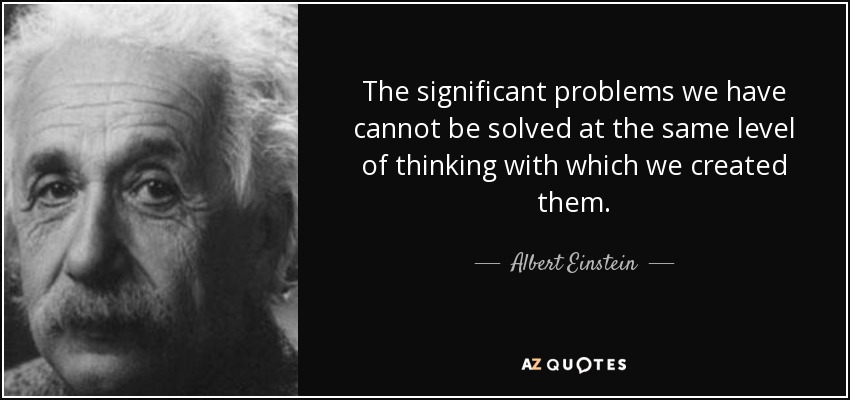Click here to return to Blog Post Intro

# 1 – Adaptable
If you won’t change for the team, the team may change you
Teamwork and personal rigidity just don’t mix. Adaptable people are:
- Teachable: Unteachable people have a difficult time with change and as a result, they never adapt well.
- Emotionally Secure: Quincy Jones said, “A person’s age can be determined by the degree of pain he experiences when he comes in contact with a new idea.”
- Creative
- Service Minded: Horace Mann stated, “Doing nothing for others is the undoing of one’s self.”
To become more adaptable:
- Get into the habit of learning.
- Reevaluate your role. Then try to discover whether there is another role you could fulfill as well or better than you do your current one.
- Think outside the lines.
# 2 – Collaborative
Working together precedes winning together
Cooperation is working together agreeably. Collaboration is working together aggressively. Collaborative teammates do more than just work with one another.
Becoming a collaborative team player requires:
- Perception: See teammates as collaborators, not competitors. To collaborative team members, completing one another is more important than competing with one another.
- Attitude: Be supportive, not suspicious, of teammates. Assume other people’s motives are good unless proven otherwise.
- Focus: Concentrate on the team, not on yourself.
- Results: Create victories through multiplication.
To become a collaborative team player:
- Think win-win-win. King Solomon of ancient Israel observed, “Iron sharpens iron, so one man sharpens another.”
- Complement others.
- Take yourself out of the picture. Usually when you collaborate with others, you win, they win, and the team wins.
# 3 – Committed
There are no halfhearted champions
Many people tend to associate commitment with their emotions. If they feel the right way, they can follow through on their commitments. But real commitment doesn’t work that way. It’s not an emotion; it’s a character quality that enables us to reach our goals.
Every team member needs to know this about commitment:
- Commitment is usually discovered in the midst of adversity.
- Commitment does not depend on gifts or abilities.
- Commitment comes as the result of choice, not conditions. Far too many people think that conditions determine choices. More often, choices determine conditions.
- Commitment lasts when it’s based on values.
To improve your level of commitment:
- Tie your commitments to your values.
- Take a risk. George Halas, former owner of the NFL Chicago Bears, asserted, “Nobody who ever gave his best regretted it.”
- Evaluate your teammates’ commitment.
# 4 – Communicative
A team is many voices with a single heart
Herman Boone, African American head football coach of an integrated high school, who was featured in the hit movie Remember the Titans, said, “Winning did it. Winning solves everything… It’s also about communication. We forced the kids to spend time with each other, [to] find out things about each other. Every player was required to spend time with teammates [who] were a different race.” That action turned the Titans around. And the team did win.
Communicative players:
- Do not isolate themselves from others.
- Make it easy for teammates to communicate with them.
- Follow the 24-hour rule. If you have any kind of difficulty or conflict with a teammate, don’t let more than 24 hours go by without addressing it.
- Give attention to potentially difficult relationships.
- Follow-up important communication in writing. It’s not accidental that most marriages have vows, football teams have playbooks, and partnerships have contracts.
To improve your communication:
- Be candid. Open communication fosters trust.
- Be quick.
- Be inclusive.
# 5 – Competent
If you can’t, your team won’t
Building the team is as important as producing the product. You have to let the people be a team. That means fostering an environment where people say what they really think.
Highly competent people:
- Are committed to excellence.
- Never settle for average.
- Pay attention to detail.
- Perform with consistency.
To improve your competence:
- Focus yourself professionally.
- Sweat the small stuff. That doesn’t mean becoming a micromanager or control freak. It does mean doing the last 10% of whatever job you’re doing.
- Give more attention to implementation.
# 6 – Dependable
Teams go to go-to players
The essence of dependability:
- Pure Motives. Most of the time, Maxwell gives people the benefit of the doubt. He tries to keep his motives right and encourages his teammates to do likewise.
- Responsibility. New York Times best-selling author and former editor Michael Korda emphasized, “In the final analysis, the one quality that all successful people have…is the ability to take on responsibility.”
- Sound Thinking.
- Consistent Contribution. Consistency takes more than talent. It takes a depth of character that enables people to follow through—no matter how tired, distracted, or overwhelmed they are.
To improve your dependability:
- Check your motives.
- Discover what your word is worth.
- Find someone to hold you accountable.
# 7 – Disciplined
Where there’s a will, there’s a win
Discipline is doing what you really don’t want to do so that you can do what you really want to do. It’s paying the price in the little things so that you can buy the bigger thing.
People must develop discipline in three areas:
- Disciplined Thinking
- Disciplined Emotions. People have two choices when it comes to their emotions: they can master their emotions or be mastered by them.
- Disciplined Actions.
To become a more disciplined team player:
- Strengthen your work habits.
- Take on a challenge.
- Tame your tongue. The next time you want to lash out, hold your tongue for five minutes, and give yourself a chance to cool down and look at things more rationally.
# 8 – Enlarging
Adding value to teammates is invaluable
Boston Celtics Hall of Fame center Bill Russell said, “The most important measure of how good a game I played was how much better I’d made my teammates play.”
Players who enlarge their teammates:
- Value Their Teammates. Industrialist Charles Schwab said, “I have yet to find the man, however exalted his station, who did not do better work and put forth greater effort under a spirit of approval than under a spirit of criticism.” Your teammates can tell whether you believe in them.
- Value what their teammates value.
- Add value to their teammates. An enlarger looks for the gifts, talents, and uniqueness in other people, and then helps them to increase those abilities for their benefit and for that of the entire team.
- Make themselves more valuable.
If you want to be an enlarging team player:
- Believe in others before they believe in you. Ask yourself, “What is special, unique, and wonderful about that teammate?” Then, share your observations with the person and with others.
- Serve others before they serve you.
- Add value to others before they add value to you. Encourage and motivate people out of their comfort zone, but never out of their gift zone.
# 9 – Enthusiastic
Your heart is the source of energy for the team
When the members of a team are enthusiastic, the whole team becomes highly energized. And that energy produces power.
People who bring an enthusiastic attitude to teamwork:
- Take responsibility for their own enthusiasm. Successful people understand that attitude is a choice. If you want to be positive, upbeat, and passionate, you need to take responsibility for being that way.
- Act their way into feeling. If you want to be enthusiastic, you need to start acting that way. If you wait for the feeling before acting, you may never become enthusiastic.
- Believe in what they do.
- Spend time with other enthusiastic people. The author of books on the psychology of winning, Dennis Waitley, says, “Enthusiasm is contagious. It’s difficult to remain neutral or indifferent in the presence of a positive thinker.”
To improve your enthusiasm:
- Show a sense of urgency. Give yourself deadlines.
- Be willing to do more.
- Strive for excellence. Elbert Hubbard said, “The best preparation for good work tomorrow is to do good work today.”
# 10 – Intentional
Make every action count
What does it mean to be intentional? It means working with purpose—making every action count. Anyone who desires to live with intentionality will:
- Have a purpose worth living for. Willis R. Whitney, the first director of General Electric’s research laboratory, offered this thought, “Some men have thousands of reasons why they cannot do what they want to, when all they need is one reason why they can.”
- Know your strengths and weaknesses.
- Prioritize your responsibilities. Once you know the why of your life, it becomes much easier to figure out the what and when.
- Learn to say no. You can’t accomplish much without focus.
- Commit yourself to long-term achievement.
To improve your intentionality:
- Explore your strengths and weaknesses. You can’t be intentional and effectively focused if you don’t know yourself.
- Specialize in your specialty. Spend 80% of your time and effort on what brings high return to you and your team.
- Plan your calendar with purpose.
# 11 – Mission Conscious
The (Big) picture is coming in loud and clear
Friedrich Nietzsche said, “He who has a ‘why’ to live for can bear almost any ‘how.’”
The four qualities of all mission-conscious players are:
- They know where the team is going. Author W. Clement Stone stated, “When you discover your mission, you will feel its demand. It will fill you with enthusiasm and a burning desire to get to work on it.”
- They let the leader of the team lead.
- They place team accomplishment ahead of their own.
- They do whatever is necessary to achieve the mission.
To improve your mission consciousness:
- Check to see if your team focuses on its mission.
- Find ways to keep the mission in mind.
- Contribute your best as a team member.
# 12 – Prepared
Preparation can mean the difference between winning and losing
To prepare yourself, think about the following:
- Assessment. Preparation begins with knowing what you’re preparing for.
- Alignment
- Attitude
- Action. Courage has no greater ally than preparation, and fear has no greater enemy.
To improve your preparedness:
- Become a process thinker.
- Do more research.
- Learn from your mistakes.
# 13 – Relational
If you get along, others will go along
Donald O. Clifton and Paula Nelson wrote, “Relationships help us to define who we are and what we can become. Most of us can trace our successors to pivotal relationships.”
Teams want people who are relational. Everyone liked being around Ronald Reagan because he loved people and connected with them.
Look for these five characteristics in your team relationships:
- Respect. Les Gilbin said, “You can’t make the other fellow feel important in your presence if you secretly feel that he is a nobody.” The funny thing about respect is that you should show it to others, even before they have done anything to warrant it. At the same time, you should always expect to have to earn it from others.
- Shared Experiences
- Trust. According to the Law of Solid Ground in The 21 Irrefutable Laws of Leadership, trust is the foundation of leadership.
- Reciprocity. One-sided personal relationships don’t last.
- Mutual Enjoyment
George Kienzle and Edward Dare wrote in Climbing the Executive Ladder, “Few things will pay you bigger dividends than the time and trouble you take to understand people. Almost nothing will add more to your stature as an executive and a person. Nothing will give you greater satisfaction or bring you more happiness.”
To better relate to your teammates:
- Focus on others instead of yourself.
- Ask the right questions.
- Share common experiences.
- Make others feel special. One of Ronald Reagan’s strengths was making everyone on his team feel special. People will connect with you when you show them you care about them.
# 14 – Self-Improving
To improve the team, improve yourself
We live in a society with destination disease. Too many people want to do enough to “arrive,” and then they want to retire. Kevin Myers says it this way: “Everyone is looking for a quick fix, but what they really need is fitness. People who look for a quick fix stop doing what’s right when pressure is relieved. People who pursue fitness do what they should no matter what the circumstances are.”
People who are constantly improving themselves make three processes an ongoing cycle in their lives:
- Preparation. What are my potential learning moments today? What have I learned today that I need to learn more about tomorrow?
- Contemplation. If you study lives of the truly great individuals who have influenced the world, you will find that in virtually every case, they spent considerable amounts of time alone—contemplating, meditating, listening. Time alone is essential to self-improvement.
- Application. Musician Bruce Springsteen offered this insight: “A time comes when you need to stop waiting for the man you want to become and start being the man you want to be.”
To become self-improving:
- Become highly teachable.
- Plan your progress. Determine how you will learn on two levels. First, pick an area you want to improve. Second, find learning moments wherever you can every day.
- Value self-improvement above self-promotion.
# 15 – Selfless
There is no I in Team
Poet W. H. Auden quipped, “We’re here on earth to do good for others. What the others are here for, I don’t know.”
How do you cultivate an attitude of selflessness?
- Be Generous. St. Francis of Assisi stated, “All getting separates you from others; all giving unites to others.”
- Avoid Internal Politics
- Display Loyalty. Loyalty fosters unity, and unity breeds team success.
- Value Interdependence over Independence. Independence taken too far is a characteristic of selfishness. Seneca asserted, “No man can live happily who regards himself along, who turns everything to his own advantage. You must live for others if you wish to live for yourself.”
To become more selfless:
- Promote someone other than yourself.
- Take a subordinate role. All day today, practice the discipline of serving, letting others go first, or just taking a subordinate role.
- Give secretly. Writer John Bunyan maintained, “You have not lived today successfully unless you’ve done something for someone who can never repay you.”
# 16 – Solution Oriented
Make a resolution to find the solution
Alfred A. Montapert observed, “The majority see the obstacles; the few see the objectives; history records the successes of the latter, while oblivion is the reward of the former.”
Anyone can become solution oriented. Consider these truths that all solution-seeking people recognize:
- Problems are a matter of perspective.
- All problems are solvable.
- Problems either stop us or stretch us. Orison Swett Marden, founder of Success magazine, held that “obstacles will look large or small to you according to whether you are large or small.”
Who you are determines what you see. To make yourself a more solution-oriented team player:
- Refuse to give up. At the same moment that one person wants to say, “I give up,” someone else facing the same situation is saying, “What a great opportunity!”
- Refocus your thinking.
- Rethink your strategy.
- Repeat the process.
# 17 – Tenacious
Never, Never, Never Quit
Tenacity is crucial to success. Even people who lack talent and fail to cultivate some of the other vital qualities of a team player have a chance to contribute to the team and help it succeed if they possess a tenacious spirit.
Being tenacious means:
- Giving all that you have, not more than you have.
- Working with determination, not waiting on destiny.
- Quitting when the job is done, not when you’re tired. Robert Strauss stated, “Success is a little like wrestling a gorilla. You don’t quit when you’re tired—you quit when the gorilla is tired.”
To improve your tenacity:
- Work harder and/or smarter.
- Stand for something.
- Make your work a game. Nothing feeds tenacity like our natural competitive nature.
A. L. Williams says, “You beat 50% of the people in America by working hard. You beat another 40% by being a person of honesty and integrity and standing for something. The last 10% is a dogfight in the free enterprise system.”
Maxwell’s The 17 Essential Qualities of a Team Player is not just a bunch of feel-good platitudes and abstract thinking, but he offers concrete actions designed to improve the value of every team player. Maxwell further describes how these qualities impact the team and its success.
May they serve you well, as you shoot for the stars!


